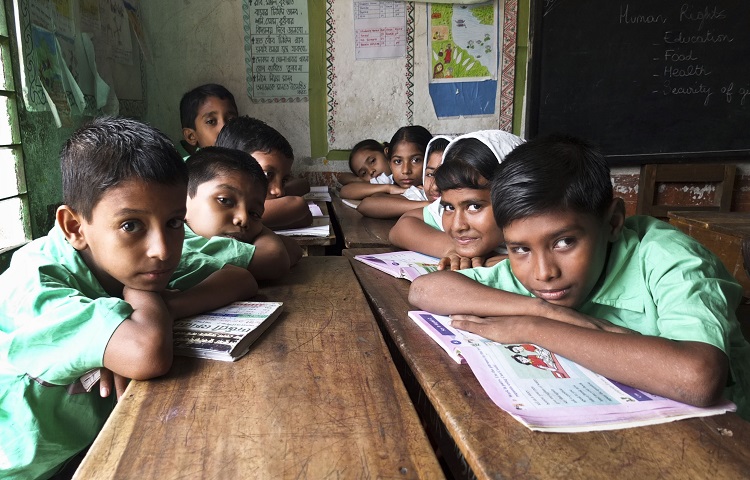ECNEC approves BDT 38,397 crore to strengthen primary education
The government is putting emphasis on primary education as around 97 percent of eligible children are now going to primary schools

- Country:
- Bangladesh
The Executive Committee of the National Economic Council (ECNEC) approved the fourth Primary Education Development Programme (PEDP-4) involving an estimated cost of BDT 38,397.16 crore to strengthen the base of primary education.
Planning Minister AHM Mustafa Kamal said that the Directorate of Primary Education under the Ministry of Primary and Mass Education, PEDP-4 will be implemented by June 2023.
According to the Ministry, the overall outlay of BDT 38,397.16 crore will be invested in the project, the Government will provide BDT 25,591.57 crore while the rest BDT 12,805.59 crore will come as project assistance from the World Bank, ADB, Jica, EU, DIFD, Australia aid, Canadian CIDA, Swedish CIDA, UNICEF and USH loan.
The Planning Minister said that the government is putting emphasis on primary education as around 97 percent of eligible children are now going to primary schools. There is need to further strengthen the base of primary education to keep up the pace of human resource development as their sector needs continued and further investments.
The main project operation will include providing teaching-learning education equipment and providing textbooks in due time, appointment of some 1,65,174 teachers and their postings, imparting Dip in Ad training to approx 1,39,174 teachers, induction/institutional/foundation training to some 55,000 teachers, construction of around 39,000 male and 39,000 female wash blocks, providing out of school training to some 10,00,000 children.
- READ MORE ON:
- education
- Bangladesh
- Primary education
- Directorate of Primary Education
ALSO READ
Ten per cent quota in jobs, educational institutions for EWS will be implemented for all castes, communities without discrimination: Cong.
Supreme Court stays Allahabad HC order that declared UP Board of Madarsa Education Act 'unconstitutional'.
SC notice to Centre, UP govt on plea challenging Allahabad HC order that declared UP Board of Madarsa Education Act 'unconstitutional'.
SC imposes interim stay on Allahabad HC order on UP Board of Madarsa Education Act
W Cape Education urges to sort out documentation needed to apply online










